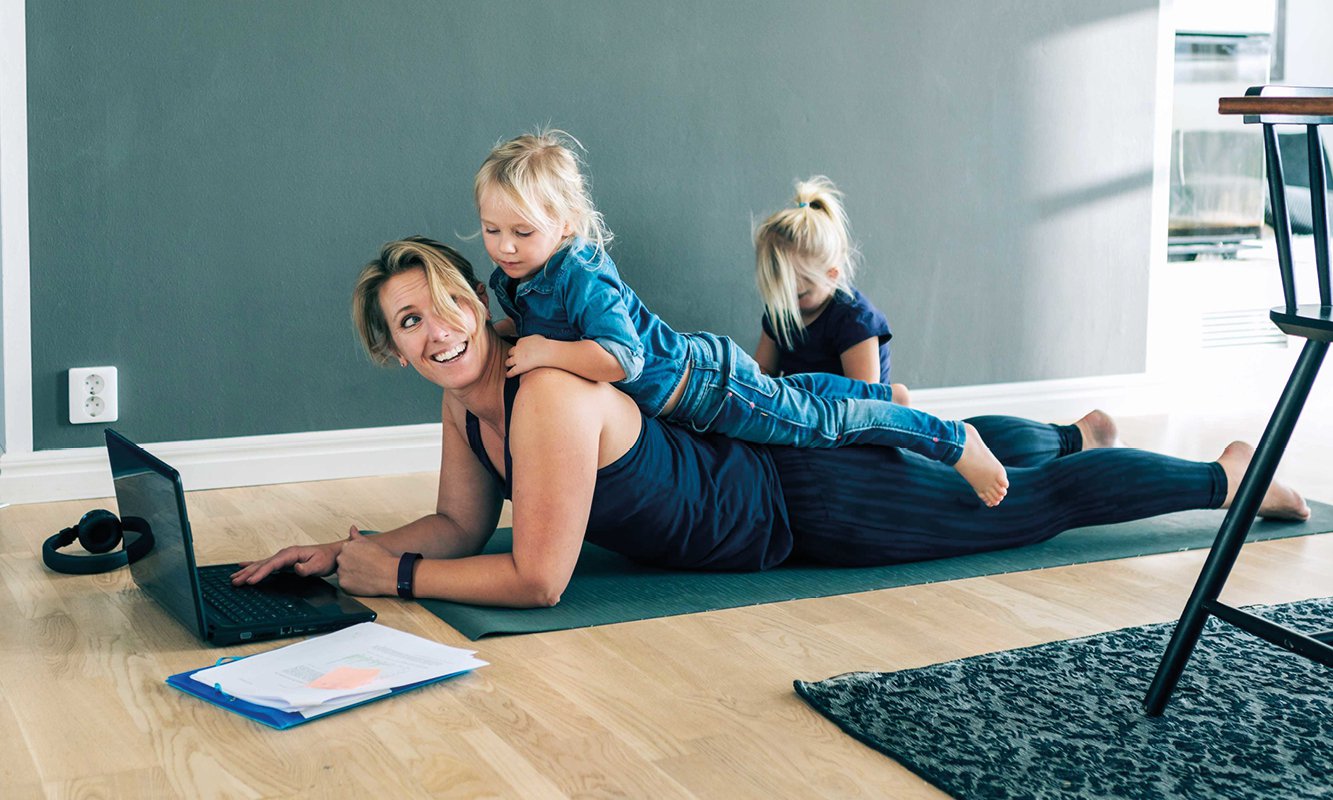In Dobbs [2021] FamCAFC 78 (21 May 2021) the Full Court (Alstergren CJ, Strickland & Austin JJ) allowed a husband’s appeal from an order made pursuant to s70NEB(1)(d), made after each party had brought contravention applications alleging that both property and parenting orders had been contravened.
The Full Court said (from [23]):
“ … [I]t was quite unclear what particular applications were the subject of attention by the … judge at any one point in time. … [T]he conduct of the proceedings in that way was procedurally unfair for two fundamental reasons.
[24] … [T]he … procedure prescribed for hearing contravention applications (r21.08 … Family Law Rules 2004 (Cth) (the Rules)) is … different from the usual procedure for hearing other forms of civil application. If there is to be a departure from that procedure, it must be done so as not to cause injustice or prejudice to the respondent (Caballes & Tallant [2014] FamCAFC 112 …). … [T]he husband was defending the wife’s contravention applications and, … he enjoyed an entitlement to remain mute until the closure of the evidence offered in support of the alleged contraventions, which right he could not be forced to relinquish. He could not be expected to lead evidence about the need for further orders to facilitate implementation of the final property orders when he was … defending an allegation of his contravention of those … orders.
[25] … An applicant who prosecutes a contravention application carries the burden of adducing evidence to prove the alleged contravention. … [N]either party could concurrently carry the burden of proof and reserve their right to silence.
[26] The procedure adopted by the primary judge for hearing and determining the wife’s contravention applications bore no similarity at all to that prescribed by r21.08 of the Rules ( … )
[29] ( … ) [T]he husband was improperly converted from applicant to respondent when the evidence filed in support of the contraventions alleged by the wife had not yet been either formally adduced or tested in cross-examination. ( … )
[33] Given the denial of procedural fairness, … the … judge fell into appealable error.”










Share this article